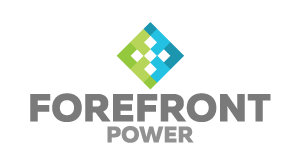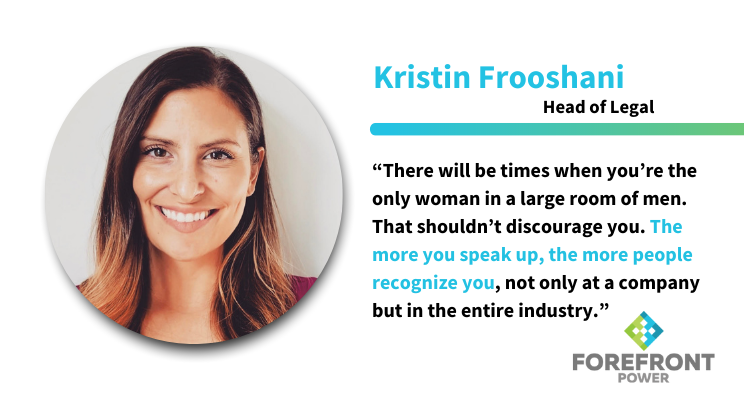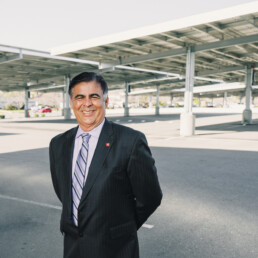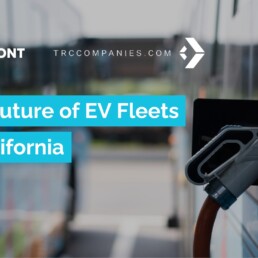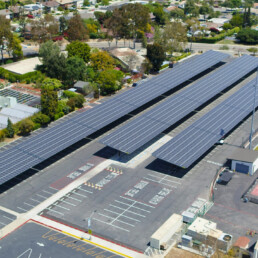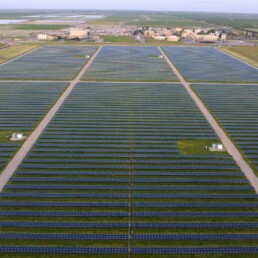We spoke to ForeFront Power Head of Legal Kristin Frooshani to learn more about her career in renewable energy, the responsibilities of ForeFront’s legal department, and her insights on the industry.
Where are you from originally?
KF: I’m from a small farm town in northeastern Pennsylvania called Weatherly. My parents were high school sweethearts there. Weatherly is so tiny that it doesn’t even have a stoplight. It was quite a difference for me to go from such a small town to big cities and a big college. I was glad to make the transition, but I’m really proud of where I came from.
What did you want to be when you grew up?
KF: I actually wanted to be a veterinarian. I have such a soft spot for animals, but science and biology are not my strong suits. I’m much better with words on paper.
Who was one of your childhood heroes? Who inspired you?
KF: I’d have to say, my parents. They worked opposite shifts to care for me and my brother. My mom actually went to college part-time while we were growing up. She started her second career as a teacher in her 40s. She’s always wanted to be a teacher, but never had the opportunity until my brother and I were in high school. They’re both very inspiring people who worked hard and are now living the life. My dad’s retired in Florida, and my mom’s now a teacher in Florida.
As far as a celebrity, I adored Madonna growing up. She has incredible music and is a phenomenal actress. Her role in Evita still gives me chills. She had confidence galore and always did what she wanted, but she was also a powerful businesswoman and never let anything stop her. I can remember listening to her music and watching her music videos when I was younger and just saying, “Wow, this woman can do anything.”
Do you have any hobbies?
KF: My husband and I just moved to Naples, Florida, so I would say going to the beach is one of our favorite things. I am a runner as well. I’m not a very good runner, but I do enjoy it. I also do a pretty mean cross stitch.
What did you decide to study when you went to college?
KF: I studied crime, law and justice in college. I thought I wanted to be a government agent. But once I took some pre-law courses, I discovered pretty quickly I wanted to go in that direction. When I graduated, I joined Hogan Lovells, as a paralegal. I was part of their Project Finance and Infrastructure group which led me into renewables. It was there I learned the interesting and creative ways that you could harvest energy. For example, while at Hogan the team worked on a transaction involving tapping a methane gas plume from an underwater volcano that had erupted to create electricity. It blew my mind that there were so many different ways that you can create energy from resources (renewable or otherwise) while remaining committed to the health of the environment. That interest led me to law school where I studied business transactions and then started at SunEdison in 2010 as an intern, and later joined as an attorney in 2012. I came onto the ForeFront team with the acquisition of SunEdison’s C&I Group in 2017.
What was it like those first few years working in the renewable energy field through the legal lens?
KF: Very different. I look back and think of how little I knew when I first started at SunEdison, and it’s pretty unbelievable. I didn’t know there was this thing called tax equity, I learned pretty quickly what a collateral assignment was, how to structure a transaction and a closing. I was extremely junior. I was learning from all of these attorneys who had been in the industry for a while. In fact, one of my mentors was one of the first people hired by SunEdison when it was still a row home in Baltimore. She was their first attorney who essentially piloted the first solar PPA. I got to learn from her about this document that fuels our entire industry and makes solar projects financeable.
How have you seen it evolve over the years?
KF: I’ve seen requirements by our financing parties get stricter. After each time an issue arises in the industry, tax equity partners add in another element to account for in future agreements, making it even more difficult to finance a project. The motivation here is understandable even if over time it weighs the process down. The biggest lesson I’ve learned is that the only constant is change. The evolution of the solar industry is constant. We’re not working on the same kinds of projects that we were a year ago. Five years ago community solar wasn’t even an option. If a customer was interested in purchasing solar, we had to get on their roof and install a system. They had to sign up for a 20 year PPA and with heavy termination damages if they decided to move. Community solar has completely opened up the market in the states that have the legislation to support it. It’s as easy as executing a couple page document and boom, you’re saving on your energy bills. If you decide to move out of that utility territory, you terminate your contract and someone else can sign up to save money. The consumer has ultimate flexibility, and the solar asset owner has a steady revenue stream, which justifies the initial capital expenditures and enables ongoing operation and maintenance.
There are always headwinds as the industry changes. Thankfully we’ve received a lot of legislative help along the way. The ITC was first set to expire many years ago, but then we got some help from Congress extending it. Right now we’re seeing supply chain issues, and we’re adapting to address that problem. You have to anticipate and plan for changes throughout the process. People call the industry the solar coaster because there are all these ups and downs, but they make us more resilient and have shaped the industry for the better.
What do you think makes ForeFront Power unique in the industry?
KF: Our team is full of super talented problem solvers who have an incredible amount of experience. After many years of us working together, we’ve grown accustomed to facing problems thrown at us and figuring out a way to avoid those kinds of issues in the future. That’s how we’ve become adept in our renewable energy offerings. Even as we continue to focus on our specialties, we’re simultaneously on the lookout for what’s the next thing in the energy industry and the most strategic ways to get involved. As soon as community solar opened in markets like New York and Maryland, we acted quickly, and it worked in our favor. We are aggressive when we need to be, but we make sure to act strategically so we don’t spend significant capital or resources on speculative opportunities.
We have strong support from our parent company Mitsui and deep-rooted, trusted relationships among our team members. That’s what sets us apart from others.
What are the responsibilities of ForeFront Power’s legal Department?
KF: Legal touches just about everything that goes on in the company. There’s a ton of documentation that needs to be executed, reviewed and negotiated over a project lifecycle from origination through financing and operation. Legal also supports the commercial teams with project acquisitions and sales, and is involved with corporate and litigation matters. We are responsible for hiring and overseeing any outside counsel that supports our transactions.
What’s your favorite part of the job?
KF: It has to be closing a transaction. It’s that point where we’ve all worked really hard to come to a common goal and complete that transaction. That feeling you get when you succeed is really one of the things I love about being part of ForeFront Power and this industry. It’s motivating to see customers conduct ribbon cuttings and share the educational aspect of the system by doing tours, integrating educational kiosks or they ask somebody from Forefront to come in and give a seminar. That’s really exciting, because then it’s getting kids excited about what we’re doing and perhaps inspiring them to pursue a career in this field or at the very least, be a proponent of renewable energy.
Do you have any advice you would give to women looking to enter the renewable energy sector?
KF: Confidence is key. I sit in board meetings where I’m the only female. That’s not surprising to me anymore. I used to feel intimidated in those situations, and now I don’t. I speak up when I need to and when I have something to say and I don’t ever feel like because I’m a lone female in the room that makes me inferior to any other person sitting in that room. There will be times when you’re the only female in a large room of males, and that shouldn’t discourage you. The more you speak up, the more people recognize you. Just speaking up more has really helped with my confidence, and exposure not only with leaders of the company, but in the entire industry.
Interested in learning more?
We would love to discuss how our solutions might be a fit for your organization. Contact one of our solar, storage, or e-mobility experts today:
